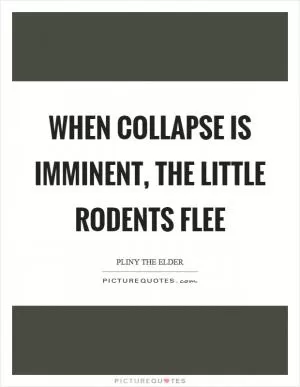Man alone at the very moment of this birth, cast naked upon the Earth, does she abandon to cries and lamentations

Man alone at the very moment of this birth, cast naked upon the Earth, does she abandon to cries and lamentations
In the context of Pliny the Elder, the quote "Man alone at the very moment of his birth, cast naked upon the Earth, does she abandon to cries and lamentations" can be interpreted as a reflection of the harsh and unforgiving nature of the world. Pliny the Elder, a Roman author, naturalist, and philosopher, was known for his observations of the natural world and his belief in the interconnectedness of all living things.Pliny believed that man, like all living beings, was subject to the whims of nature and the forces of the universe. The quote suggests that from the moment of birth, man is thrust into a world that is indifferent to his existence, where he must struggle to survive and find his place in the grand scheme of things. The image of a naked man crying out in despair and lamentation captures the vulnerability and helplessness of the human condition, as well as the harsh realities of life on Earth.
Pliny's writings often explored the relationship between man and nature, and the quote can be seen as a reflection of his belief in the power and majesty of the natural world. He saw nature as a force to be reckoned with, capable of both nurturing and destroying life in equal measure. The image of man being abandoned to cries and lamentations at birth can be seen as a metaphor for the struggles and challenges that all living beings face in their journey through life.
Pliny's work also emphasized the importance of understanding and respecting the natural world, and the quote can be interpreted as a reminder of the fragility and impermanence of human existence. By acknowledging the harsh realities of life on Earth, Pliny sought to inspire his readers to appreciate the beauty and wonder of the natural world, and to live in harmony with the forces of nature.












 Friendship Quotes
Friendship Quotes Love Quotes
Love Quotes Life Quotes
Life Quotes Funny Quotes
Funny Quotes Motivational Quotes
Motivational Quotes Inspirational Quotes
Inspirational Quotes